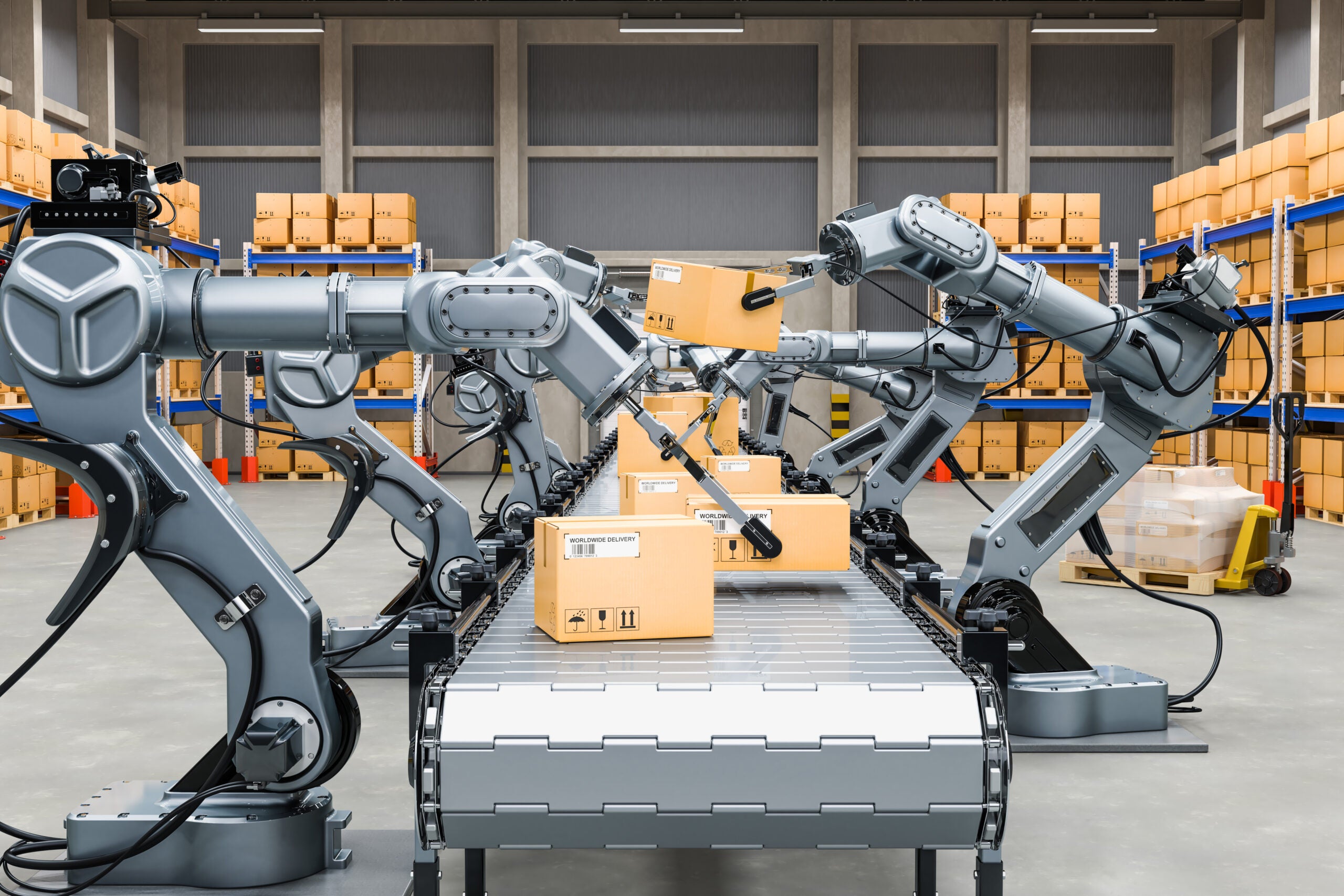AI in Warehouse Management: Revolutionizing the Logistics Industry
By: Anees Saddiq

The incorporation of AI in warehouse management has dramatically altered the landscape of warehousing and distribution. As a cornerstone of technological progress, AI has paved the way for significant advancements in logistics, enabling businesses to refine their operations, make more informed decisions, and streamline their processes more efficiently than ever before.
Defining Artificial Intelligence in Logistics
Artificial Intelligence, commonly abbreviated as AI, is essentially the capability of machines to emulate human intelligence. This encompasses various aspects such as understanding natural language, operating expert systems, interpreting machine vision, and recognizing speech patterns.
AI systems primarily function by ingesting and analyzing extensive data sets, identifying patterns and correlations within this data, and utilizing these insights to forecast future trends and occurrences. Depending on their design, AI programs can exhibit attributes like learning (through machine learning), reasoning, self-correction, and even creativity.
Key Advantages of Industrial AI Integration
The investment in Artificial Intelligence yields substantial returns across multiple domains. Here are some key benefits of incorporating AI in logistics:
- Exceptional precision in detail-oriented tasks, significantly reducing error margins.
- Alleviation of labor-intensive tasks, thereby enhancing productivity, especially in labor-constrained environments.
- Accelerated processing of data-intensive tasks, leading to swift, error-free insights and optimization strategies.
- Continuous operational availability, as AI systems do not require breaks or rest periods.
- Reliable and consistent delivery of results, ensuring operational stability.
- Enhanced employee safety by undertaking tasks that might be hazardous for human workers.
- Improved customer satisfaction through personalized engagement and efficient fulfillment processes.
AI’s Impact in Warehouse Management and Distribution
AI’s role in warehouse management extends to various facets of logistics, significantly simplifying and automating a multitude of processes. Here’s how AI is currently shaping the logistics sector:
Logistics Planning
Logistics planning, a task that involves intricate coordination among suppliers, workers, and customers, is greatly facilitated by AI. Utilizing advanced analytics and scenario analysis, AI aids in:
- Demand forecasting: AI’s predictive capabilities enable better anticipation of consumer needs, minimizing stockouts and reducing storage costs.
- Supply planning: Real-time analysis of supply requirements ensures adequate stocking of essential materials while curtailing excess storage costs and waste.
Autonomous Vehicles in Logistics
Autonomous vehicles, such as self-driving forklifts and drones, have become integral to modern warehouse management and operations. These AI-driven machines streamline tasks like moving items within the warehouse, inventory counting, surveillance, and small item delivery, thus saving time and resources.
Warehouse Automation
According to recent industry reports, the majority of supply chain leaders are ramping up their investment in AI-driven technologies, particularly in warehouse robotics. These robots assist human workers in sorting, picking, transporting, and storing packages, often taking over repetitive tasks to free up human employees for more complex activities.
Data-Driven Analytics in Logistics
Given the inherent uncertainties in warehousing and logistics, AI-driven risk management tools have become essential. These tools enable better planning through various predictive models, helping to anticipate factors like inventory levels, supply and demand dynamics, and transportation capacities.
Additionally, AI’s dynamic pricing capabilities allow businesses to rapidly adjust to market conditions, ensuring competitive agility.
Optimizing Transportation
AI excels in optimizing transportation logistics, analyzing a myriad of factors like capacity data, weather, traffic, and real-time tracking to determine the most efficient shipping routes. This optimization results in faster deliveries, reduced costs, and lower fuel expenses.
Enhancing Back Office Operations
In back office operations, the synergy of Robotic Process Automation (RPA) and AI, known as cognitive automation, is significantly improving the accuracy and efficiency of processes such as billing and procurement.
In conclusion, the integration of AI in warehouse management is a game-changer, revolutionizing warehouse operations with enhanced efficiency, accuracy, and cost-effectiveness. This technological leap is reshaping the way logistics businesses operate, setting a new standard for the industry.
1302 Views













